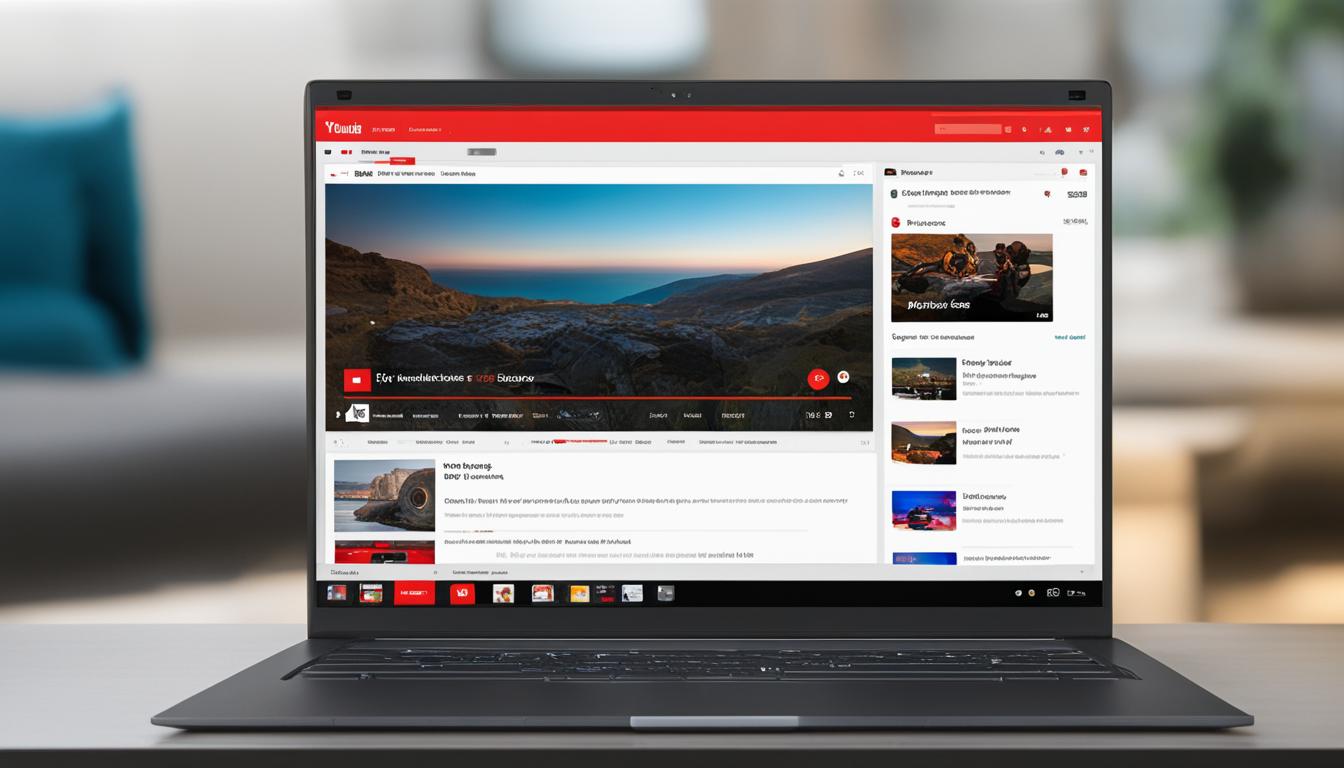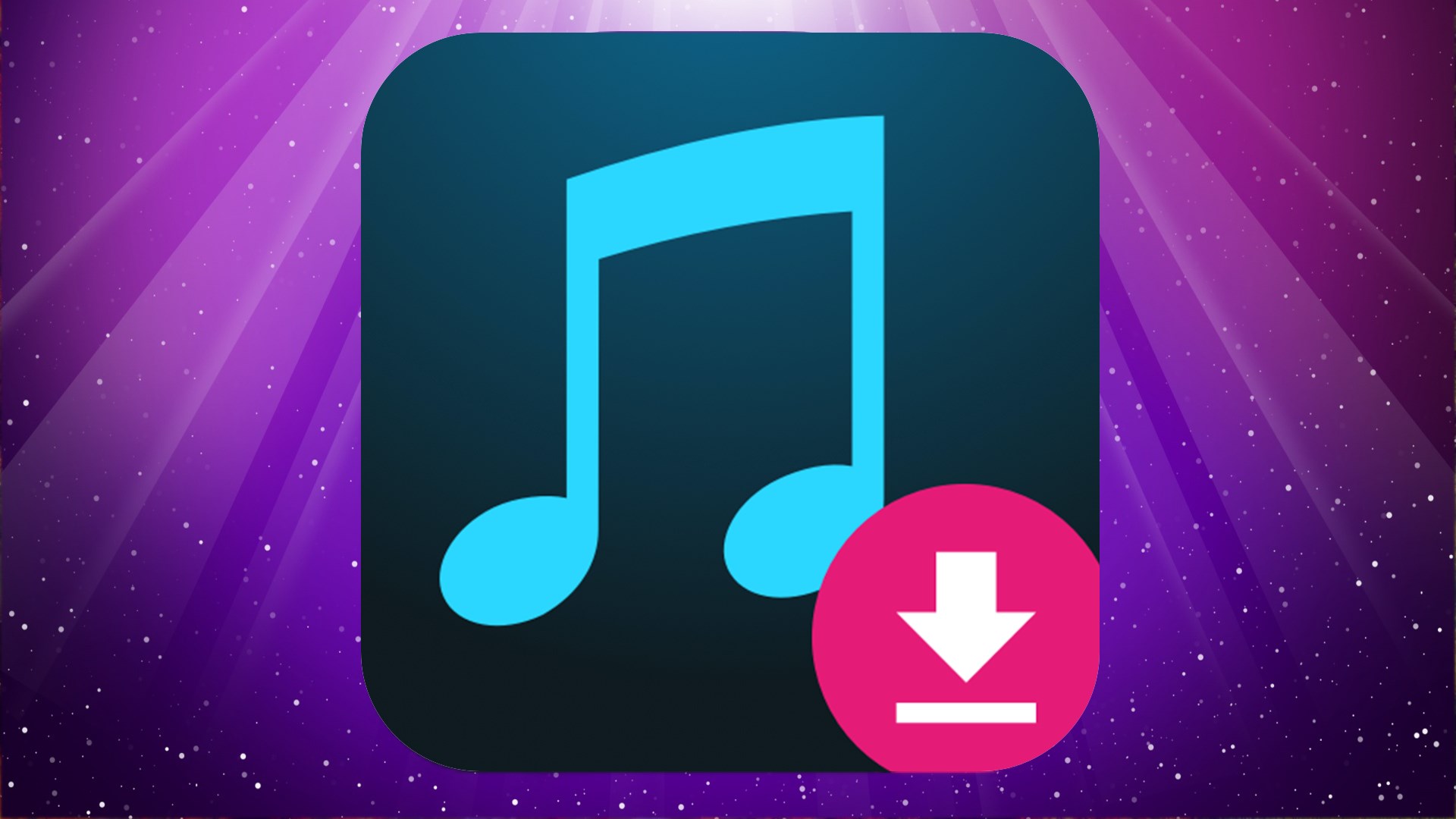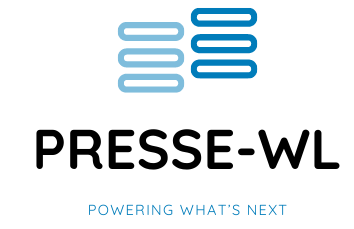
In today’s digital age, the internet offers countless tools and services that allow users to access and share content easily. One such tool that has gained popularity over the years is the youtube mp3 converter. This software allows users to convert YouTube videos into audio files in MP3 format, making it convenient to listen to music or other audio content offline. While it may seem harmless to enjoy your favorite tunes, there are important legal implications to consider when using a YouTube to MP3 converter.
Understanding the YouTube MP3 Converter
Before delving into the legal aspects, let’s first understand how a YouTube to MP3 converter works. These converters are typically web-based or available as downloadable software. Users input a YouTube video URL into the converter, and it extracts the audio content, converting it into an MP3 file that can be downloaded and stored on their devices. While this may seem straightforward, it raises several copyright and intellectual property concerns.

1. Copyright Infringement
One of the primary legal issues associated with using a YouTube to MP3 converter is copyright infringement. When you convert a YouTube video into an MP3 file, you are essentially creating a copy of the audio content without the content creator’s or copyright holder’s permission. In most cases, the creators of music, podcasts, or other audio content retain the rights to their work, and reproducing it without authorization violates copyright law.
2. YouTube’s Terms of Service
YouTube has its own set of terms of service that users agree to when creating an account and using the platform. These terms explicitly state that downloading or extracting content from YouTube without permission is a breach of their policies. While YouTube has taken steps to prevent such activities, the use of YouTube to MP3 converters continues to be a concern.
3. Fair Use Doctrine
The fair use doctrine allows for limited use of copyrighted material without permission, typically for purposes such as criticism, comment, news reporting, teaching, scholarship, and research. However, using a YouTube to MP3 converter for personal entertainment purposes may not qualify as fair use, as it usually involves the complete reproduction of copyrighted content for personal consumption.
4. Legal Consequences
Engaging in copyright infringement by using a YouTube to MP3 converter can have legal consequences. Content creators and copyright holders can pursue legal action against individuals who violate their rights. This may result in fines, penalties, or even criminal charges, depending on the severity of the infringement.

5. Alternatives to YouTube to MP3 Converters
Instead of using YouTube to MP3 converters, consider legal alternatives for accessing and enjoying audio content. Many music streaming platforms offer paid subscriptions that allow users to download and listen to music offline legally. These services ensure that content creators are compensated for their work and help support the music industry.
In conclusion, while YouTube to MP3 converters may provide a convenient way to enjoy audio content, it’s essential to be aware of the legal implications associated with their use. Copyright infringement and violations of YouTube’s terms of service can lead to legal consequences. To enjoy audio content legally and support content creators, consider exploring authorized streaming and download options rather than resorting to YouTube to MP3 converters.
